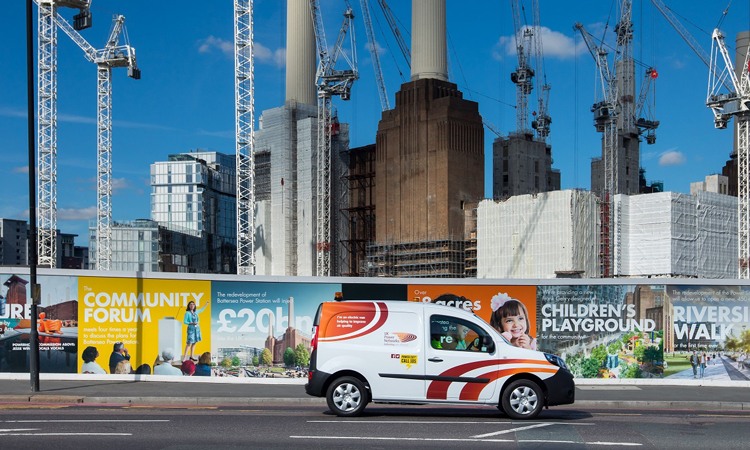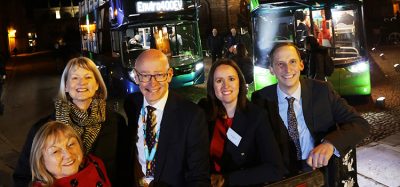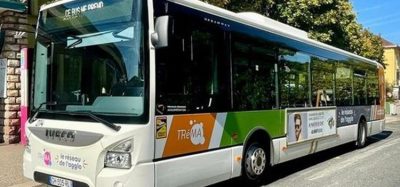New project in London investigates feasibility of wireless EV charging
- Like
- Digg
- Del
- Tumblr
- VKontakte
- Buffer
- Love This
- Odnoklassniki
- Meneame
- Blogger
- Amazon
- Yahoo Mail
- Gmail
- AOL
- Newsvine
- HackerNews
- Evernote
- MySpace
- Mail.ru
- Viadeo
- Line
- Comments
- Yummly
- SMS
- Viber
- Telegram
- Subscribe
- Skype
- Facebook Messenger
- Kakao
- LiveJournal
- Yammer
- Edgar
- Fintel
- Mix
- Instapaper
- Copy Link
Posted: 17 January 2019 | Intelligent Transport | No comments yet
More choice in charging infrastructure could enable more investment in electric vehicles, and achieve a zero emissions transport system in London by 2050.


A grant of nearly £50,000 from the Office for Low Emission Vehicles and Innovate UK has been awarded to a consortium led by UK Power Networks Services, funding a project focused on wireless charging for electric vehicles.
UK Power Networks Services will work with UPS, High Speed 1 and WMG on the new project, assessing the feasibility of using wireless charging to support the use of electric vehicles in commercial fleets on London’s roads.
The project will run from January to March 2019 and will investigate the practicality of deploying wireless charging technology in three live locations across London and Tamworth. The purpose is to understand the impact on infrastructure and the commercial viability of this type of charging. The study will look at how its future use could reduce costs, improve productivity and safety, and increase the uptake of electric vehicle fleets across the UK.
UK Power Networks Services’ Director, Ian Smyth, said: “Wireless charging has the potential to deliver lower cost electric vehicle fleets, safer unobtrusive infrastructure and provides an important solution where constraints on physical space mean wired charging is not practical.
“We believe that the lack of wireless charging projects in the UK is primarily the result of many users considering this technology immature or lacking a strong business case.
“Wireless charging could allow drivers to stay in their vehicles and create a safer, more secure vehicle with greater productivity and lower cost. With so many potential benefits, commercial enterprises need to understand the case for wireless charging better.”
The assessment will include the wireless charging of electric taxis while waiting for passengers in the taxi rank outside St Pancras International railway station, of UPS delivery vans at their Tamworth depot while parcels are loaded, and of UK Power Networks’ electric vans.
Wendy Spinks, High Speed 1 Ltd Commercial Director, said: “We are delighted to be supporting this innovative project that could help boost electric vehicle use in London.”
The feasibility study has the potential to lead to a second round of funding with the aim of demonstrating a viable technology system and commercial model, whilst unlocking a new market for electric vehicles, associated infrastructure, and the companies who service this market.
WMG Professor of Power Electronics, Richard McMahon, said: “For WMG this is a great opportunity to work with our partners to demonstrate the practical wireless charging of electric vehicles to bring real opportunities for reducing emissions, especially in urban environments. This project directly aligns with the Low Emissions Mobility strategy of The High Value Manufacturing Catapult Centre at WMG.”
Related topics
Air Quality, Alternative Power, Fleet Management & Maintenance, Infrastructure & Urban Planning, Sustainable Urban Transport
Related cities
London, United Kingdom
Related organisations
High Speed 1 Ltd, Innovate UK, Office for Low Emission Vehicles, UK Power Networks Services, Warwick Manufacturing Group (WMG)
Related people
Ian Smyth, Richard McMahon, Wendy Spinks








